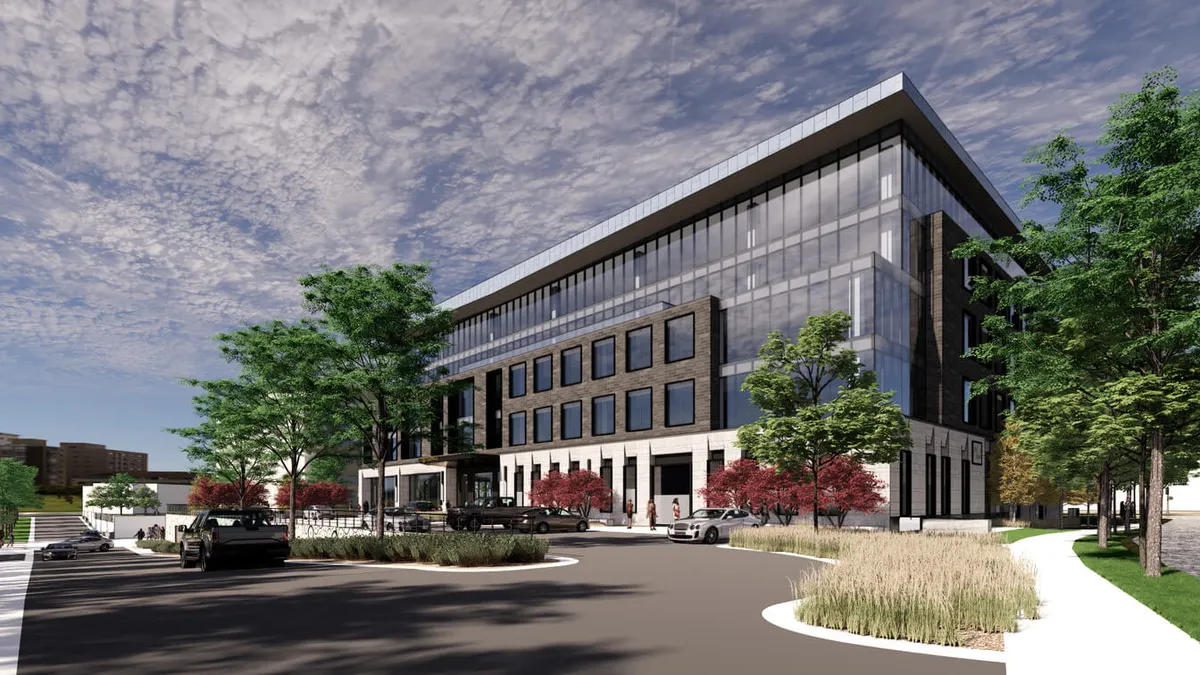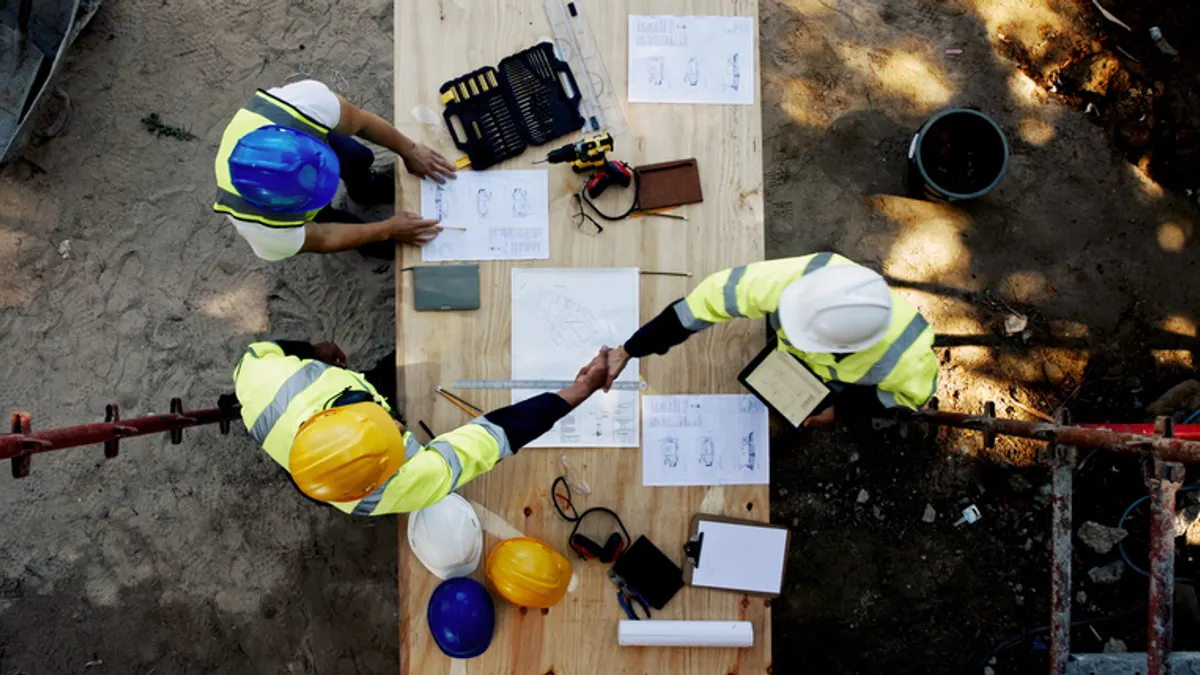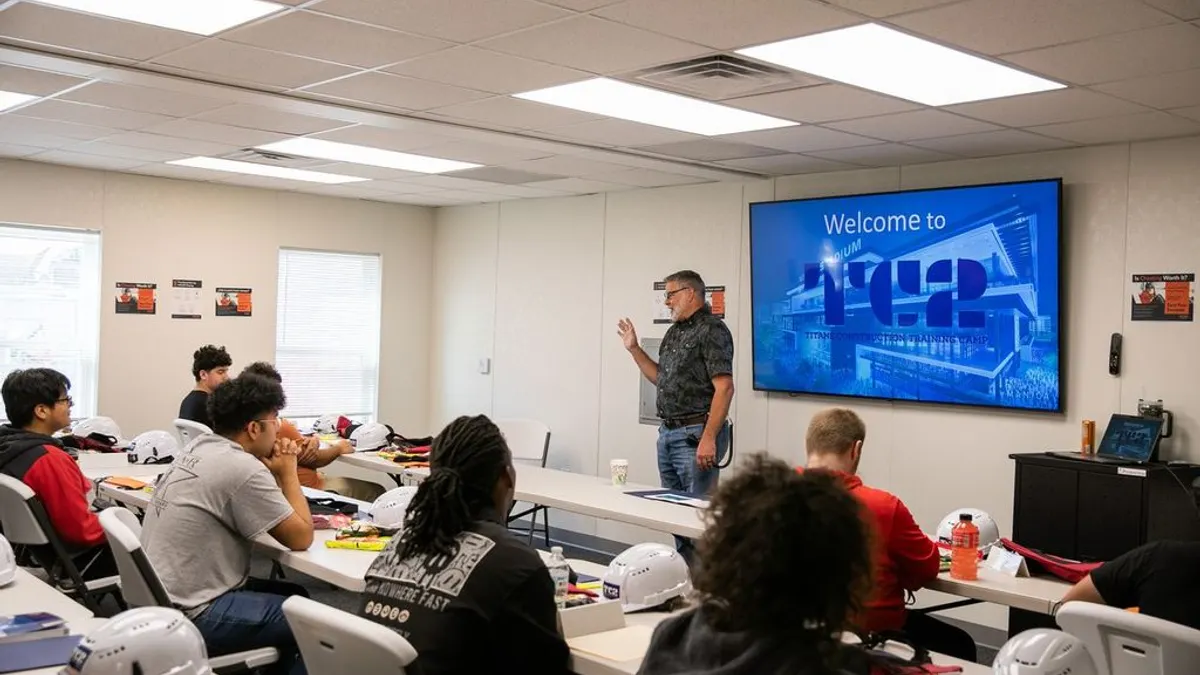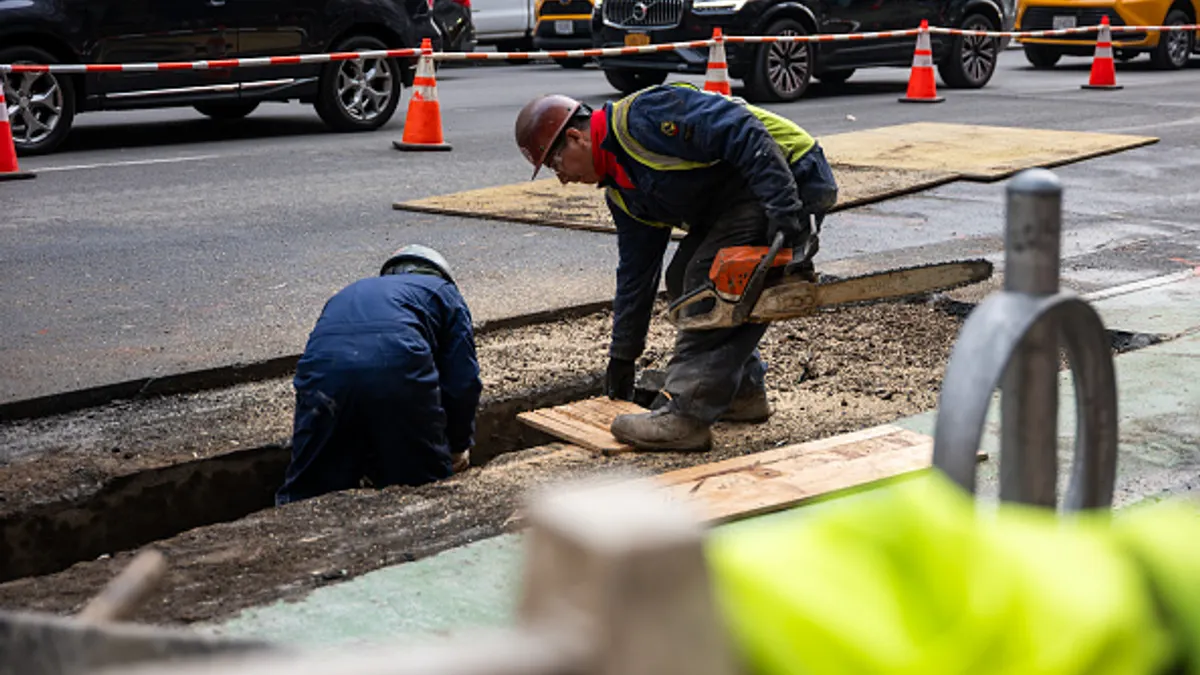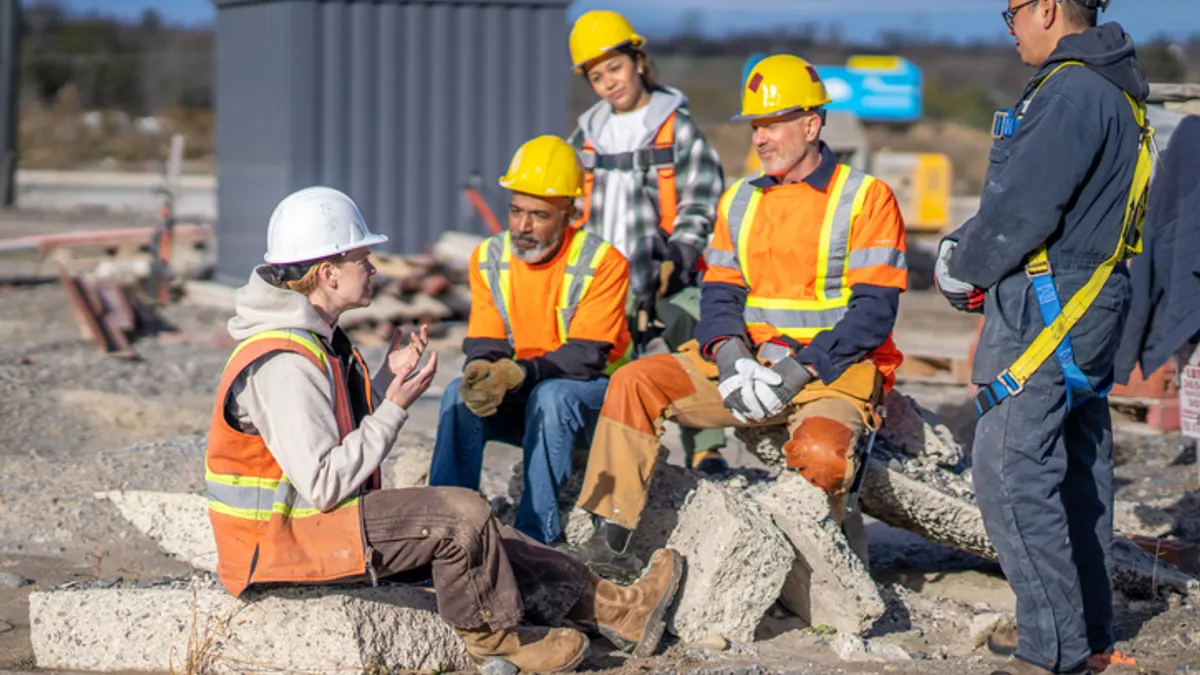Chase Manning is principal at Nashville, Tennessee-based Dowdle Construction Group. Opinions are the author’s own.
The construction industry is in the midst of a critical workforce challenge: a labor shortage. Contractors are struggling to fill open positions, and labor shortages have become one of the leading causes of project delays. The issue isn’t new but the dynamics shaping it are changing fast.

A new generation of workers is beginning to enter the trades: Gen Z. In the first quarter of 2024, Gen Z made up 18% of the overall workforce, according to the Department of Labor. Their arrival into the workforce presents both an opportunity and a test for the industry. While many builders remain focused on recruitment, the more urgent question is how to lead, develop and retain this emerging talent.
The path forward for the construction industry lies in creating jobsite cultures that emphasize mentorship, communication and respect. These are values that not only attract the next generation of builders but give them reasons to stay.
The shift builders miss
While contractors are anxious to recruit new talent, Gen Z is already redefining the workforce. A recent study by Wakefield Research found that nearly 47% of surveyed parents said their child has already mentioned trade work as a possible career path.
Additionally, the DOL reports that in 2024, workers aged 18 to 25 accounted for nearly 25% of all new hires in skilled trade industries. This evidence indicates that instead of having to convince Gen Z to enter the trades, there is now a growing talent pool actively pursuing trade opportunities. For the commercial construction industry, that change is a clear strength.
This shift represents both relief and responsibility. Relief, because a generation once thought to be disinterested in hands-on work is showing genuine curiosity in building a career in the trades. Responsibility, because those same workers arrive with different expectations from generations past. Gen Z is not looking for just a paycheck but a sense of purpose, mentorship and career growth.
Recruitment alone won’t work
Builders often treat labor shortages as a recruitment problem rather than a management or culture issue. While recruitment will attract new workers, it does little to prevent employee turnover. According to research conducted by Randstad, the average job tenure for Gen Z in the first five years of their career is only about one year. Further, one in three Gen Z workers plans to change jobs within the next year.
Like generations before, Gen Z wants opportunities to grow and upskill, but with consistent, engaging and accessible training. This generation centers technology in their everyday experience and expects their jobs to keep pace with it. They look for transparency from leadership. They also want to belong to organizations that value their humanity as much as their productivity. Above all, Gen Z desires flexibility, independence and a sense of security.
When we lose a Gen Z worker, it may be because they do not see a path forward, feel their current role has little purpose, are frustrated by antiquated practices or reject a negative work environment. Focusing only on recruitment risks losing the opportunity to retain Gen Z workers. We need to go beyond promises that attract young talent by giving them reasons to stay for the long haul.
How builders can keep workers
Some industry professionals have resigned themselves to turnover, believing it is just the nature of working in construction. Reframing this view is key to improving retention. While competitive pay and safety certainly matter, culture often determines longevity.
Gen Z places significant value on how they are treated and supported in the workplace. They pay close attention to communication, respect and inclusion. They want to feel comfortable contributing ideas or asking questions. A sense of belonging is primary, and if that is absent, morale will decline along with loyalty, regardless of pay or benefits.
Builders should train supervisors to communicate constructively to show younger employees that their input is taken seriously. Publicly recognizing contributions and acknowledging hard work demonstrate that effort is valued.
One of the most effective tools for retention is a robust mentorship program. Pairing Gen Z with seasoned tradespeople will help them build confidence in their craft. When mentors invest time and offer encouragement and constructive feedback, it builds trust.
Solving the labor shortage requires a layered approach and long-term strategy. While builders should still invest in recruitment efforts, equal attention should be given to retention, mentorship and culture. Ultimately, the future of construction depends on leaders who not only attract new talent but help them thrive




